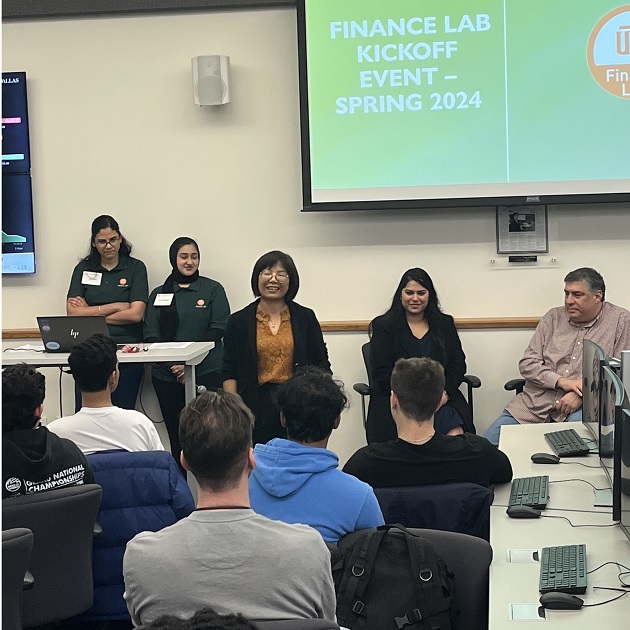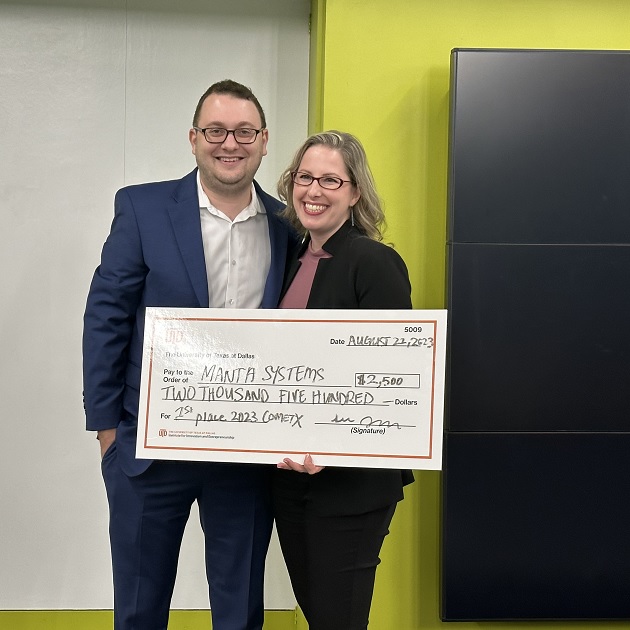
Online shoppers have such a dizzying array of product choices available to them with just a tap of a screen or click of a mouse that the risk of making an uninformed, impulsive or even financially unsound purchasing decision is greater now than ever before. JSOM alumnus Rich Williams, MBA ’10, has invented a new technology called PollCart that helps solve this by turning online shopping into an opportunity to solicit input from loved ones as well as a fun social experience.
“The target audience for PollCart’s functionality is anybody who is in a relationship and wants to maintain accountability in their purchasing decisions,” Williams said. “Any consumer that needs permission to make a purchase, thinks they could get in financial or relational trouble by doing so, or simply would like to solicit feedback from and interact with social peers prior to making a purchase would benefit from using our product.”
Consumers aren’t the only ones trying to avoid the pitfalls of technological convenience. Online retailers have created a dilemma for themselves, too. Technology that makes online shopping convenient also enables consumers to easily abandon their shopping carts. Recent reports estimate that $4 trillion worth of online shopping cart merchandise is being abandoned every year.
Williams’ invention solves problems for both consumers and retailers by providing an option within e-commerce platforms for consumers to create approval polls that solicit purchasing advice or even determine whether the online purchase will be made.
The shopper creates a poll as part of the checkout process. After the buyer’s card is validated, the poll is distributed to one or more of the shopper’s trusted contacts. The people being polled have 24 hours to approve or reject a purchase—in part or in whole. Threshold approval levels can differ, depending on whether the shopper is soliciting advice or permission—or simply wants to start a conversation. Once the predetermined threshold for consensus or approval is reached, the online store charges the card, processes the order and ships the item automatically.
If, the result of the shopper’s polling group is unfavorable, then the order is canceled (or pending cancellation, if the buyer prefers to make the ultimate decision) after which PollCart recommends alternate products that are more likely to be approved by the shopper’s circle of trust. The key point is that the critical shopping feedback loop is maintained but no longer has to be solicited in real time. The transaction has already been processed and is simply awaiting social consensus.
The buyer visits the site only once, thus maintaining the convenience of the original shopping experience while adding buffers of accountability and social opinion gathering—along with the benefit of a virtual social shopping experience.
The retailer gains several competitive advantages—first, the cart abandonment problem could be significantly reduced. Second, marketing intelligence is increased dramatically by learning not only what buyers prefer, but what their circle of trust prefers (via the yes/no votes and anonymized comments from those polled). Third, consumer confidence is increased because shoppers perceive the retailer as being “in their corner” by offering a layer of security against bad-impulse shopping decisions. Finally, the problem of rampant returns is reduced because input from the buyer’s circle of trust reduces or even curtails dissatisfaction, buyer’s remorse and conflict associated with the purchasing decision.
PollCart earns a commission based on a percentage of the polled shopping cart total as well as on recommending alternate products if the polling results in a declined purchase.
Williams stated that the idea for his product comes from both a lifetime of participating in e-commerce and his educational path, which has focused both on psychology and marketing.
The PollCart team is currently creating a demonstration environment for the patent-pending technology and business process using the popular Shopify platform. The first version of the plug-in will be available to Shopify e-commerce platform users. Subsequent versions will be available to any e-commerce platform via custom API integration or conceptual license for in-house integration.






